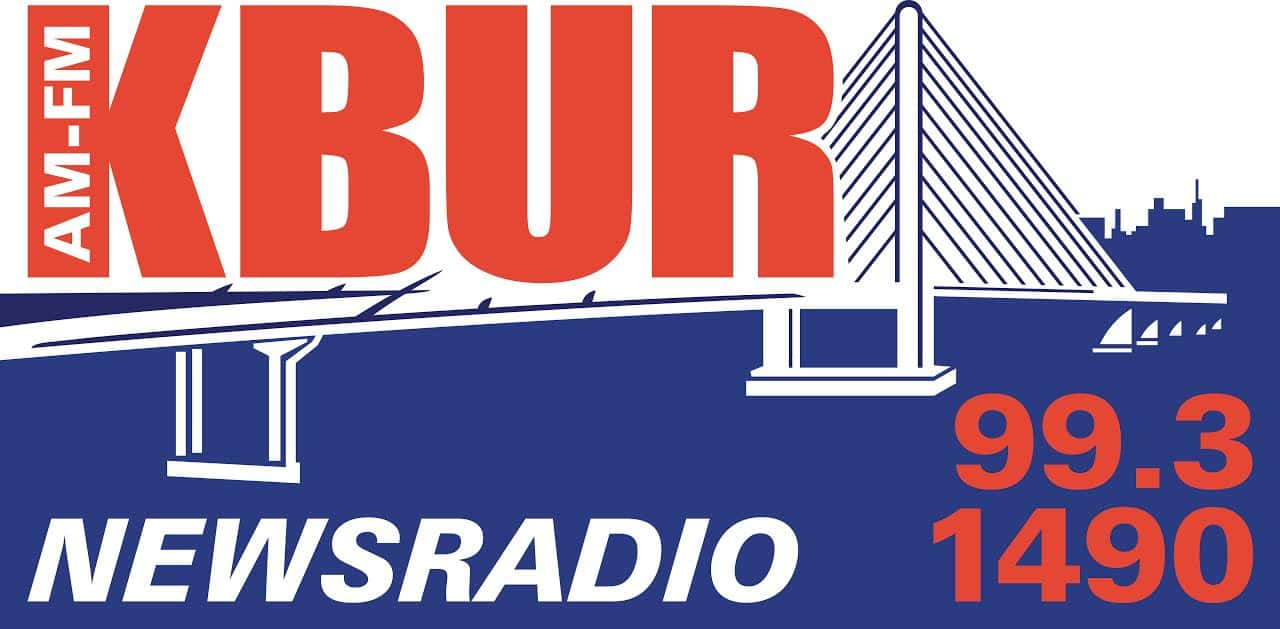
Des Moines, Ia(KTVO) — A proposal that would allow student-athletes at colleges and universities in the state to profit from the use of their names, images, and likenesses got its first stamp of approval in the Iowa Legislature on Tuesday.
The proposal –which is backed by a bipartisan duo – passed a three-member panel unanimously late Tuesday. It would prevent colleges and universities in the state from keeping student-athletes from financially capitalizing on the use of their names, image, and likeness.
This follows California’s law to allow student-athletes to score endorsement deals and make money while playing college sports. That has teed up legislation in other states, including Iowa.
Proponents of the legislation say it will urge action on part of the NCAA and Congress to create a blanket policy across all college sports nationwide.
“This legislation is designed to do one very simple thing: It’s to make student-athletes treated the same as other college students,” said. Sen. Nate Boulton, D-Des Moines, who co-sponsored the legislation with Sen. Brad Zaun, R-Urbandale. “This is not compensating college athletes for playing, this is simply allowing them to market themselves—their own personalities—in an economic sense.”
The NCAA governing entity in October approved allowing college athletes to be compensated, but there are no rules set about the specifics.
“They’re not paying that money to watch the coach coach. They are paying that kind of money to watch the athletes play,” said Sen. Herman Quirmbach, D-Ames. “They’re the ones who create the value. This system here—the name, image, likeliness—only creates a small fraction of the revenue that’s generated.”
Iowa’s proposal brings something unique: it would give universities an option to require any money to be tucked away in a trust, not to be accessed until the student is no longer eligible to compete in college sports.
Supporters say this will protect student-athletes from pressures of performing, especially now that sports gambling is legal in Iowa— an effort to avoid “the outcome on Saturday influencing a payday on Sunday,” Boulton said.
School leaders expressed concern over lack of uniformity among all 50 states, urging action at the federal level or by the NCAA instead of a state-by-state basis.
“This needs to be a national solution. This cannot be a solution that is approached with 50 different states,” said Keith Saunders of the Board of Regents. “I get the idea of wanting idea of wanting Iowa to have a place at the table in this state, but legislation won’t get you there. We’re already engaged in that process right now.”
This one of several bills being considered across the country.
Iowa’s proposal—if approved—wouldn’t kick in until 2023.
“No matter what you do, it’s not going to be the final solution,” Saunders said, adding that Iowa would be “forced out of compliance” by passing a law before there is a uniform solution.







